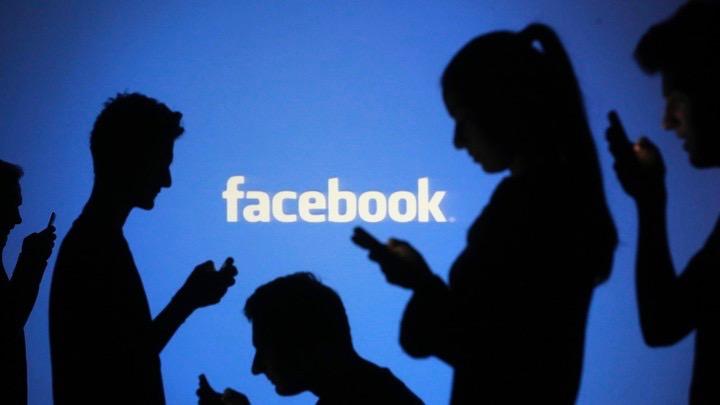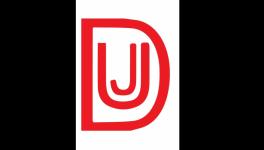Facebook’s News Censorship in Australia: A Battle Between Monopolies

Facebook has resorted to mass censorship in Australia over a revenue-sharing dispute with news conglomerates in the country. On Thursday, February 18, Australian Facebook users woke up to sweeping censorship of news on the platform, including blocking of pages of several outlets and/or preventing users from posting links to news websites. In a bid to block news altogether on their platform, the social media giant has also blocked public information websites, trade unions, community organizations and progressive political groups.
The dispute arose as the Australian parliament seemed set to pass a law that would empower news outlets to bargain with Google and Facebook to share the revenues generated on these platforms using their content. The new Media Bargaining Code was passed by the lower house of the Australian parliament on Wednesday, and had also cleared committee-level review in the Senate. The law received overwhelming support from the opposition as well.
While Google’s Alphabet Inc and Facebook have been railing against the law, the former has recently signed deals with major news outlets in Australia for revenue-sharing agreements. In the meanwhile, news media corporations and conglomerates, who run virtual monopolies in the country, have been lobbying the ruling conservative Liberal-National government for the code.
Facebook has been threatening censorship since September when the proposed law was first announced by the government led by Scott Morrison. The censorship as it has been rolled also ended up affecting websites that are not strictly news. It has led to censoring of government websites as well as advisories from the health and meteorology department. With parts of Australia facing another bushfire crisis along with the COVID-19 pandemic, Facebook has received tremendous backlash for depriving people of access to crucial information.
Another casualty has been grassroots movements, trade unions, and independent media groups and journalists who depend on social media traction for their work. The website of the nation’s trade union confederation, the Australian Council of Trade Unions (ACTU), was among the websites blocked by Facebook.
The Communist Party of Australia and the Communist Party of Australia (Marxist-Leninist) have also had their websites blocked from the platform. In the meanwhile, pages of major political parties and smaller right-wing groups do not seem to have been affected by the censorship.
Australian communists have pointed to the singling out of unions, communist parties and independent journalists as another way of censoring progressive voices. Talking to Peoples Dispatch, activist Jemma Nott said that the move looks like “a cynical attempt to pass off the censorship of left-wing opinion as simply being caught in Facebook’s new algorithm under the response to this legislation and they have given no sign that they will reverse this censorship.”
Nott also highlighted that independent media outlets that have been reporting on government corruption and the extensive monopoly of the Murdoch-media, such as Michael West Media and True Crime Daily, have also been censored.
However, socialists and progressives in the country are wary of taking any sides in what they see as a battle between monopolies. Media outlets owned by Rupert Murdoch’s News Corp hold a monopoly of over 70% of the national print readership. Murdoch is also one of the biggest advocates of the bargaining code, which has also inspired other media corporations around the world.
The Canadian government, for instance, responded to the news of Facebook censorship with an announcement to follow Australia’s lead in creating a media bargaining code. Canadian minister Steven Guilbeault said while making the announcement that “Canada is at the forefront of this battle.” Canada’s national media conglomerates, which own the bulk of television and print media in the country, have been lobbying for a similar code for revenue sharing.
Talking about how Google has been striking deals with major media corporations for revenue sharing, Nott stated, “Google has acquiesced to the legislation’s terms which provides the mainstream media with a backdoor to Google’s algorithm, meaning that they can have first dibs on pushing themselves to the top of the Google rankings and cement major media control while squashing the smaller players.”
She added that the legislation shows that the government is not incapable of standing up to corporate giants. “This legislation does show that Scott Morrison does in fact have the power to stand up to Big Tech,” says Nott. “He is setting a global precedent that is scary for Silicon Valley. So if he can do that, the Australian workers can now see that he can regulate Big Tech in the people’s interest rather than in the interests of a handful of media moguls. And perhaps workers globally will be imbued with a new sense that their government can stand up to Big Tech too.”
Courtesy: Peoples Dispatch
Get the latest reports & analysis with people's perspective on Protests, movements & deep analytical videos, discussions of the current affairs in your Telegram app. Subscribe to NewsClick's Telegram channel & get Real-Time updates on stories, as they get published on our website.
























